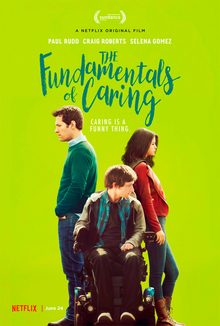It has monopolised the news this week in Australia: at the Swimming World Championships, Mack Horton refused to stand on a podium during a medal ceremony with Chinese star and alleged drug cheat Sun Yang. Horton had already made his attitude towards Sun well-known when, during the 2016 Olympics, he claimed publicly to have no time or respect for drug cheats. That's the right attitude to have towards them.
But after those 2016 remarks, was this protest fully necessary. It was certainly courageous, if immediately polarising; his teammates gave him a standing ovation in their athletes' village but Swimming Australia gave him a warning. Then the next day, UK swimmer Duncan Scott pulled the same protest, prompting to Sun to angrily mock him as they left the pool deck.
This is how I see the controversy following Sun. His first accusations of cheating surfaced in 2014 when he tested positive for a drug he took for a heart defect; world swimming's governing body FINA slapped him with a three-month ban for that. I think that was warranted because while Sun and his trainers definitely should've researched its legality first, he still took it for health reasons. But now he stands accused of smashing vials of his own blood so they can't be tested, and the World Anti-Doping Authority has thus been prompted to intervene and ban him for life if necessary.
I want to be very clear that I am entirely on the fence regarding what all three parties have done (or, in Sun's case, have allegedly done) here. Horton and Scott protested peacefully and sincerely, and I do think Sun's reaction to Scott's protest was arrogant. But as this fiasco has unfolded, I feel sorry for all the other swimmers whose achievements in these World Championships have been overshadowed and ignored. Nonetheless, doping is deservedly illegal and unfair. I am not saying or even thinking Sun Yang is innocent; I am just waiting to see if WADA, whom I trust, finds him guilty. They are the ultimate experts in these matters and therefore, that's when I will say he is.
I want to be very clear that I am entirely on the fence regarding what all three parties have done (or, in Sun's case, have allegedly done) here. Horton and Scott protested peacefully and sincerely, and I do think Sun's reaction to Scott's protest was arrogant. But as this fiasco has unfolded, I feel sorry for all the other swimmers whose achievements in these World Championships have been overshadowed and ignored. Nonetheless, doping is deservedly illegal and unfair. I am not saying or even thinking Sun Yang is innocent; I am just waiting to see if WADA, whom I trust, finds him guilty. They are the ultimate experts in these matters and therefore, that's when I will say he is.
